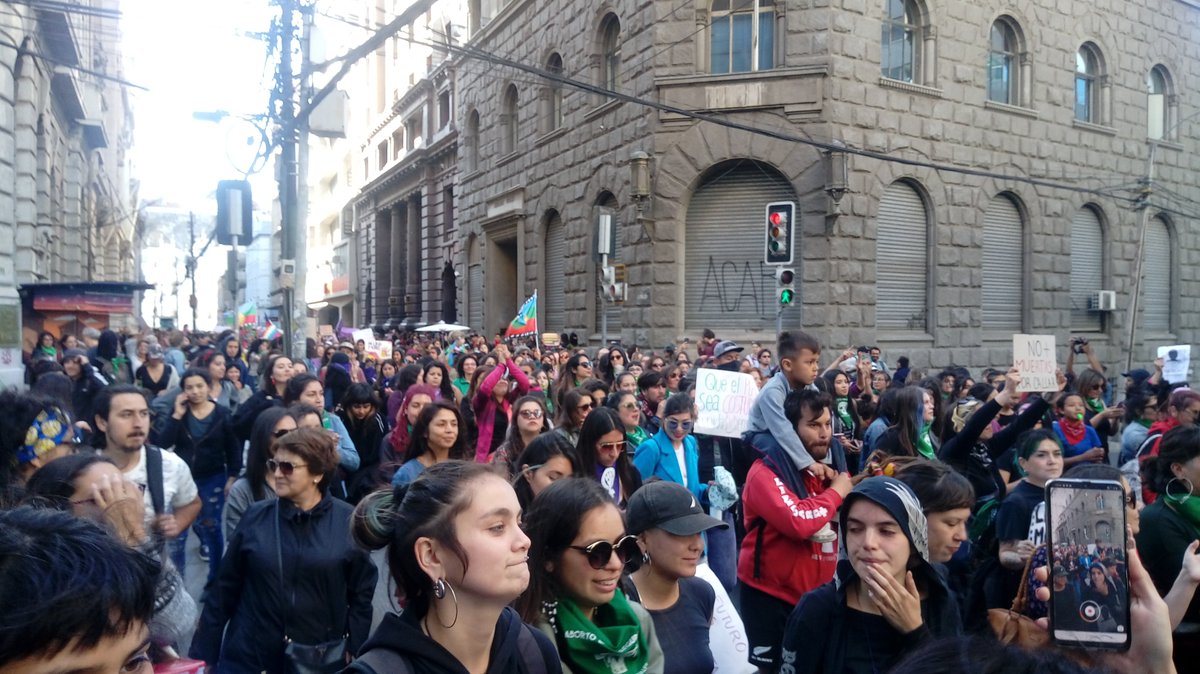
The death of 43 people at sea doesn't create a fraction of the media attention compared to a pipeline rupture extinguished in 5 hours.
The worsening climate crisis - and pictures on social media - will not shock people into action. What matters is personal, real experience. 1/x

The worsening climate crisis - and pictures on social media - will not shock people into action. What matters is personal, real experience. 1/x


I am not saying the pipeline rupture isn't terrible. But people care for 5 seconds and then move on. In case of shipwrecks hardly anyone cares. That's the risk we are facing with the climate crisis. Everyone getting used to people dying from heat strokes or wildfires. 2/x
And in fact, people are suffering and dying from the climate crisis and resulting air pollution already in the millions every year and it is nearly completely normalised. Covid did prove once again how quickly people can normalise preventable deaths and gov failure. 3/x
In all cases the question is not only how to mobilise those who already care about an issue, but to convince people who are not yet engaged or organised that they should become active and how. And I don't think social media is a useful tool for those conversations. 4/x
A lot more could be done to unite the environmental and anti-racist movements behind common goals of a just transition if the climate movement would focus less on "future generations" and more on actual living people already disadvanted by current social structures. 5/x
It would also help if we wouldn't talk about climate in abstract numbers, energy transition or natural science because env breakdown is only a symptom of unequal power structures like people lacking possibilities for democratic engagement and influence on decision making. 6/x
But my main point is we need to reach out to people who aren't yet engaged in collective struggles and listen to what they actually need right now (probably got more to do with inequality than with environmental issues). We need those people to become collectively organised. 7/x
Political power has become way too centralised in the hands of too few people. People need to find the tools and collective agency to engage on the issues that matter to them personally. Luckily, ressources and skill sharing to support those struggles exist. 8/x
To sum up: social media can't replace real conversations to see what matters to people and help them organise to shift power. People need to see their collective power making a difference. Env problems stem from inequality and changing that is essential for env action. 9/x
For the white middle class, we have to support the people most disadvantaged in the present day, one example are people on the move (support, not victimise!). - This is probably not a well formulated thread but I think it's just too hot here to think properly. 10/10
Side story: my friend's sister in Sudan says the water in the well was so hot in the last heat wave she didn't even need to boil the water to make tea, you could just put a teabag in the water straight away (a joke, of course). She says it's worse than it used to be. 11/10
• • •
Missing some Tweet in this thread? You can try to
force a refresh








